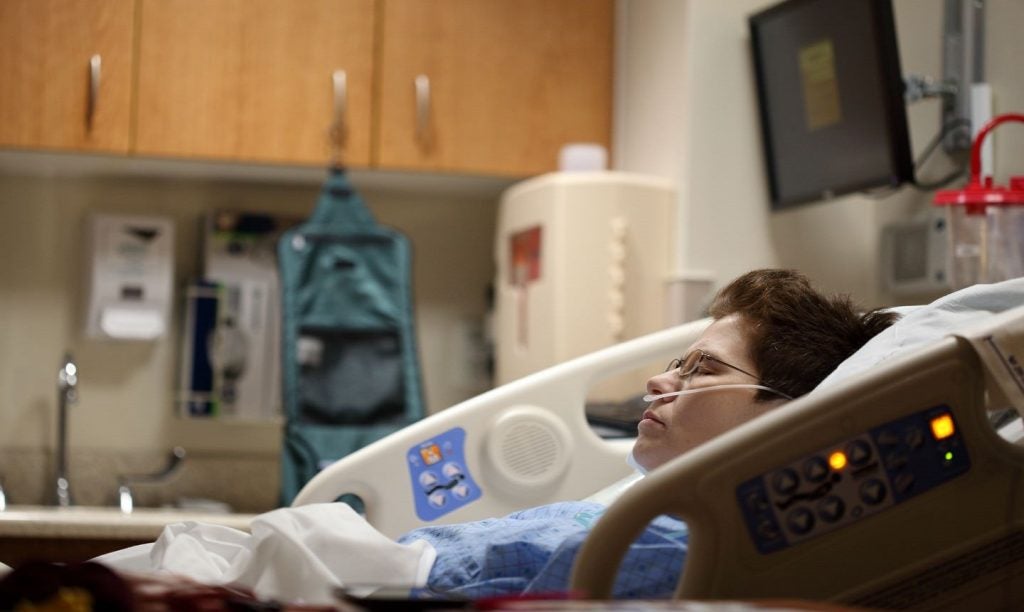Aspira Women’s Health and The University of Oxford have signed a material transfer agreement for serum samples.
Under the agreement, Aspira will receive serum samples from the university for verifying and validating its endometriosis blood test algorithms.
Using these samples, the company will support the launch of its first-generation blood test, EndoCheck, by the end of this year.
The non-invasive blood test is under development to be used along with other non-surgical modalities to support endometriosis diagnosis.
The test will also assist in guiding clinical care for patients with suspected endometriosis at an earlier stage in their prognosis journey.
Existing methods to detect endometriosis need surgery and a surgical biopsy diagnosis, and visualisation diagnosis.
EndoCheck aims to serve the extensive patient group, with a non-invasive approach that matches the sensitivity and specificity of invasive techniques such as surgical biopsy or visualisation.
Aspira CEO Nicole Sandford said: “There are currently more than six million women suffering from endometriosis in the US, with many facing years of pain before getting a diagnosis.
“We intend to provide clinicians with a highly effective tool to assess the likelihood that a patient’s chronic pain is caused by endometriosis without an invasive procedure.
“I believe the availability of a simple blood test will support the development and adoption of new therapeutic solutions for this devastating disease, and help patients access treatments sooner than is possible today.”
















